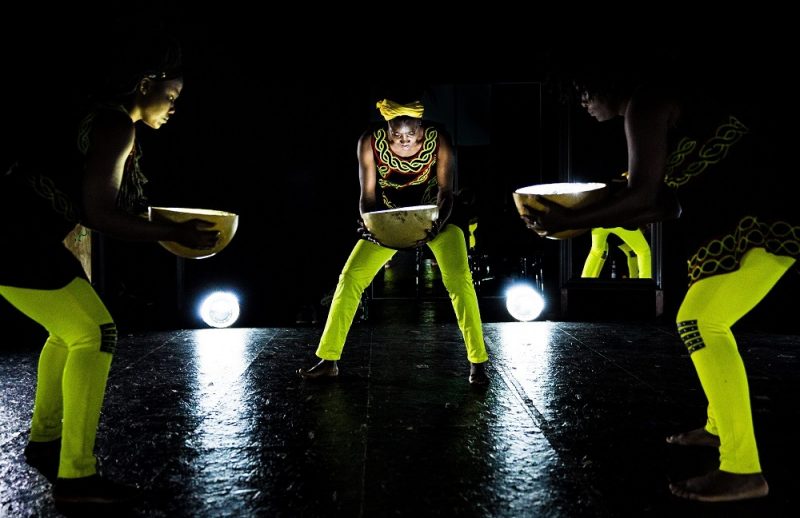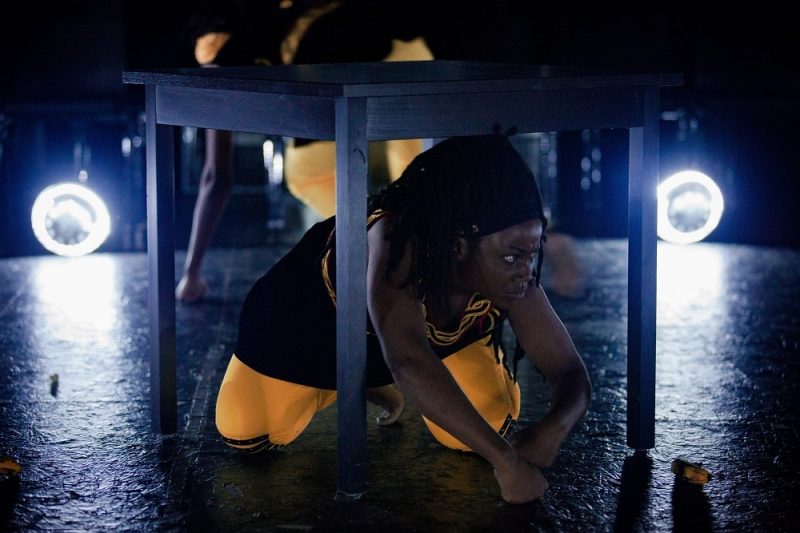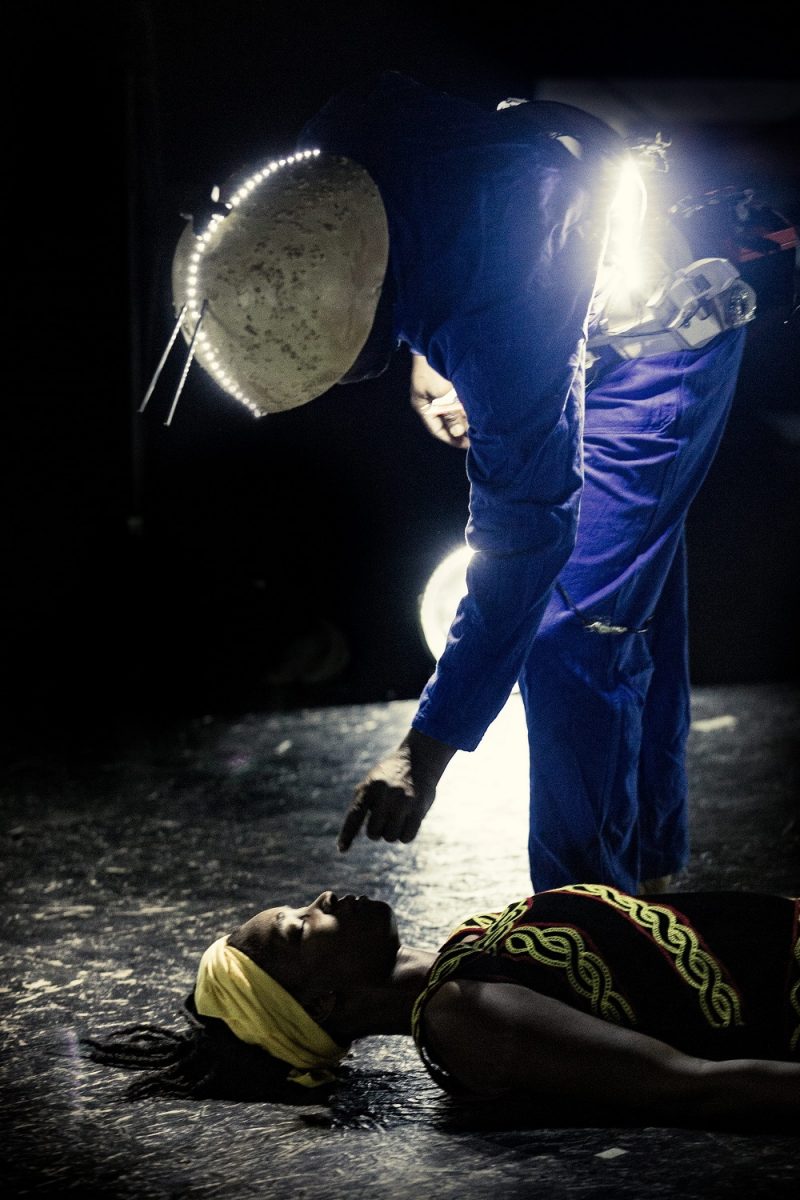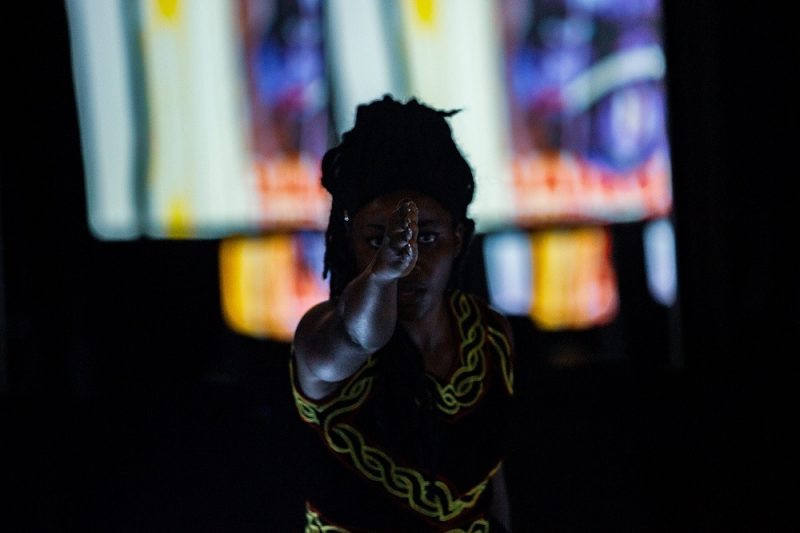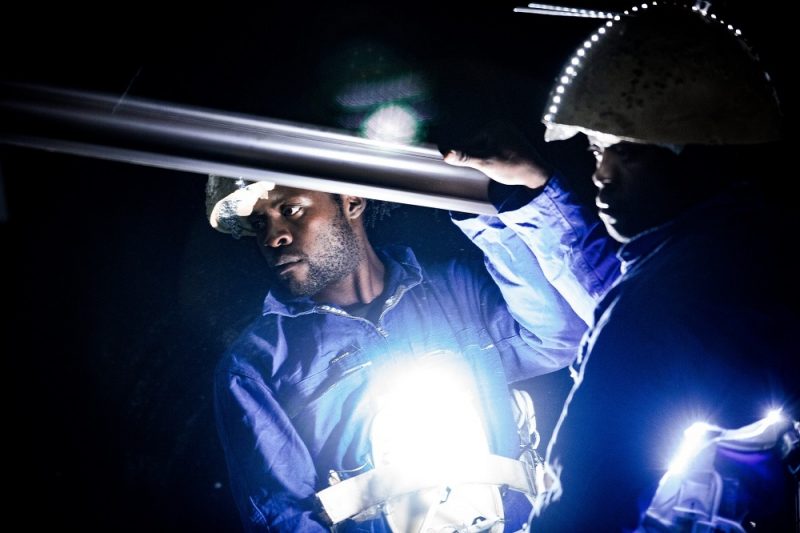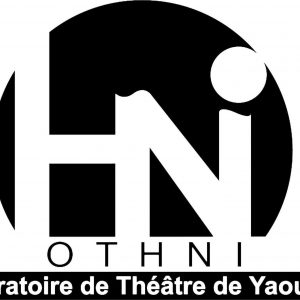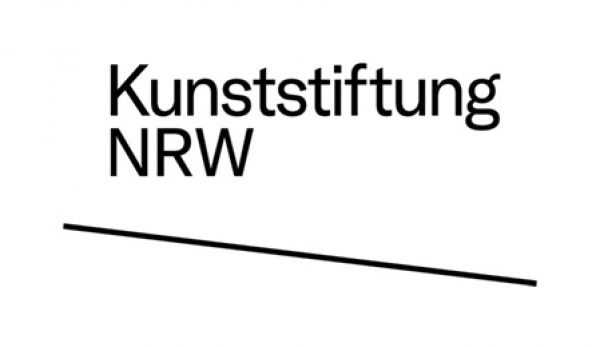SWATCHE BAARTMAN: UNE HISTORIE. UNE VIE
Martin Ambara (Othni)
Sawtche Baartman grew up in what is now South Africa. Due to certain anatomical features, she was taken to Europe in the early 19th century and exhibited as the so-called "Hottentott Venus". She became the perfect projection for white male fantasies of the exotic.
Martin Ambara takes some quite contradictory, yet fictitious looks at the figure of Sarah Baartmann. What did the audience in Europe think and feel when they saw Sarah Baartmann publicly exhibited in an animal cage? Who was this woman really and who did she see herself as? A late victim of slavery? An autonomous artist? Martin Ambara's staging not only considers her biography, but also the self-understanding of black society today and the failure to confront the legacy of colonial times.
"Martin Ambara is one of the most authentic contemporary makers of theatre in Cameroon. His works on epics, myths, and dogmas transcend the superficial identities of today by creating spaces where old, contemporary, and virtual values collide." Wakeu Fogaing, actor and longtime companion
Martin Ambara has set up the theater laboratory OTHNI (Objet Théâtrale Non Identifié) in Yaoundé, Cameroon. For many years he has worked there as a director and artistic director. Together with kainkollektiv, he has already launched two very successful co-productions with Ringlokschuppen. His most recent work, "Fin de Mission/Living without a Mission" was invited to present at the Berlin Theatertreffen 2017 and toured at regional and international festivals in 2018. For 2019, there will be two direct collaborations with Martin Ambara, Othni, and Ringlokschuppen Ruhr.
// // //
Sawtche Baartman a grandi dans l’actuelle Afrique du Sud et a été déportée en Europe au début du XIXe siècle en raison de ses caractéristiques anatomiques. Elle y a été exhibée sous le nom de « Vénus hottentote ». Elle est devenue le parfait outil de projection des fantasmes exotiques de l'homme blanc.
Martin Ambara jette un regard fictif très contradictoire sur le personnage de Sawtche Baartmann. Qu'est-ce que le public européen pensait et ressentait à la vue de cette femme exposée publiquement dans une cage de zoo ? Qui était vraiment cette femme et quelle image avait-elle d'elle-même ? Une victime tardive de l'esclavage ? Une artiste autodéterminée ? Dans sa mise en scène, Martin Ambara va au-delà de l'argument biographique pour poser la question de l'image de soi de la société noire d'aujourd'hui et du manque d'engagement sur l'héritage de l'ère coloniale.
« Martin Ambara est l’un des auteurs de théâtre contemporains les plus authentiques du Cameroun. Ses œuvres sur les épopées, les mythes et les dogmes transcendent les identités superficielles d'aujourd'hui en créant des espaces où se croisent des valeurs anciennes, contemporaines et virtuelles », affirme Wakeu Fogaing, comédien et compagnon de longue date.
Martin Ambara a créé le laboratoire de théâtre OTHNI (Objet Théâtral Non Identifié) à Yaoundé (Cameroun). Pendant de nombreuses années, il y a travaillé comme metteur en scène et directeur artistique. Avec le Kainkollektiv, il a déjà lancé deux coproductions à succès en coopération avec le Ringlokschuppen. Sa dernière œuvre, « Fin de mission/Ohne Auftrag leben », a été invitée dans le programme-cadre du festival Berliner Theatertreffen en 2017 et a tourné dans des festivals régionaux et internationaux en 2018. En 2019, deux collaborations directes avec Martin Ambara, OTHNI et Ringlokschuppen Ruhr verront le jour.
Pressestimmen
"Er wäre gern Philosoph geworden. Er hätte Landwirt werden können. Er hätte Friseur sein sollen. Aber er ist Regisseur. Sein Name steht für ein Theaterschaffen, in das er als Schauspieler, Regisseur, Dramatiker, Theaterpädagoge und Begründer des Theater-Rechercheprojekts Othni investiert. Er hätte sich mit bequemen, konformistischen und allgemein verständlichen Arbeiten abfinden können. Doch er will keine geebneten Wege, er will einen Stolperpfad, auf dem er sich neu erfinden kann."
nachtkritik.de | Ausführliches Porträt über Martin Ambara von Stéphanie Dongmo im Rahmen des Journalist*innenProjekts "Watch & Write" des Festivals Theaterformen
